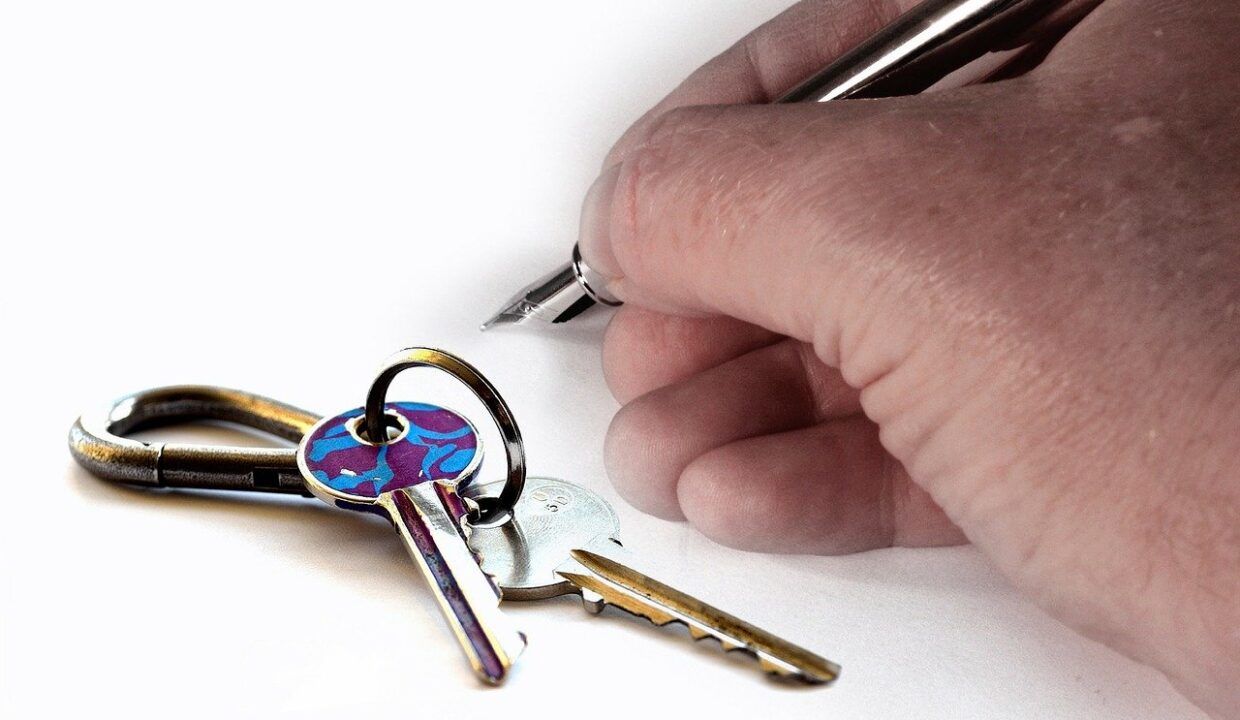
People rent a house or an apartment at some point of their lives. Renting is a great option if you are starting out, just out of college, and not in any position to buy a house. But renting is also something which can often put a tenant at a disadvantage if they don’t know their rights. Hence, it’s important to know your rights as a tenant.
Every rental situation requires some payment to be made upfront – this could be anything from the first and last month’s rent to a security deposit. A tenant must make sure all the fees they are asked to pay are justifiable and that the landlords or property management companies can charge them. In extremely competitive rental environments, it is not uncommon that Landlords or property management companies charge fees that may not be justifiable from a Tenant’s perspective. A tenant has to be absolutely clear on what is, and what is not refundable, what tenants can expect to get back when they move out, and how the fees are calculated. Always ask for receipts and documentation of every payment you make. If you are working with a broker to rent an apartment or a house, usually no brokerage is chargeable on the tenant – all such fees is payable by the property owner. However, if at all any brokerage fee is required to be paid by the tenant, keep in mind, it is always negotiable.
It is highly recommended that tenants take photos, ideally time stamped photos of the state of the property at the time of moving in. This is especially important if there are any damages or any repairs that need to be made, or old fixtures that might break soon; if it ever comes down to the words of the tenant vs the landlord or property management company, on who damaged what, and if tenants are unable to prove their innocence, it can mean anything from the landlord or property management company, withholding deposits or taking the tenant to court.
A tenant is under no obligation to pay for any major repair and maintenance that is needed on the property. It’s the landlords’ or property management Companies’ responsibility to ensure that the building and the unit are both safe and comfortable to live in. At times, a delay on the part of the landlord or property management company results in essential repairs not getting done on time, thereby causing inconvenience to the tenant. In such circumstances, some provinces give the tenants the right to withhold rent, if essential repairs are not made. Another thing Landlords or property management companies are responsible for is to refund your security deposit when you move out. The security deposit has to be returned to the tenant in a timely manner and should be clearly outlined in the lease. Never sign a lease without knowing your rights regarding fees and deposits.
Have everything in writing, every interaction you have with your landlords or property management companies should have a paper trail. All the details including rent, utilities, refundable deposits, fees have to be outlined in your lease, or any contact you have with your landlord or property management company. In case of any issues in the property, communication should be done via email or snail mail from day 1. If you are compelled to break your lease because of issues in the property, your landlord or property management company can easily withhold your deposit, if you don’t have written proof that you have been demanding repairs to be made. It’s up to you to prove as a tenant that your landlord or property management company violated the terms of the lease; otherwise you essentially have no recourse.
Beware of the roommates with whom you are planning to share your residence. Make sure your name is on the lease even if you are moving in with your best friend. You should both be on the lease, because if there is ever any issue like theft, etc., not being on the lease means you can do nothing about it; and you can also potentially get duped into paying much more than your fair share, or your roommates could one day decide to kick you out for any reason, and no matter what you are paying, nobody wants to get caught in the middle of an illegal sublet situation. On the other hand, if the co-occupant of the house defaults in not paying his/her share of rent, you might be in trouble and your credit might be impacted if their name is not on the lease.
